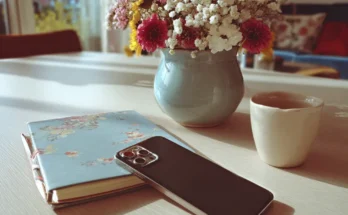I’ve spent thirty years teaching children how to read, write, and treat each other with dignity. I’ve seen bullies, defenders, and the quiet ones who carry more weight than anyone realizes. But I never imagined I’d see my own granddaughter become the kind of child I spent my life trying to reach.
It happened on a Tuesday.
I was walking past my classroom when I heard laughter—sharp, cruel, the kind that doesn’t come from joy but from power. I stepped inside and saw Sophia, my twelve-year-old granddaughter, standing in the center of a circle of students. She was pointing at Emma, a quiet girl with downcast eyes and worn-out shoes.
“Look at those things,” Sophia sneered. “They’re so old, they’ll probably fall apart if she takes one more step.”
Another student chimed in. “Maybe she should just go barefoot to prom!”
The room erupted.
Emma’s face flushed. She tucked her feet under her desk, trying to disappear.
“Enough,” I said, my voice cutting through the noise. “Everyone, back to your seats.”
I walked to Emma and placed a hand on her shoulder. “You’re fine. Don’t listen to them.”
Then I turned to the rest of the class. “Mocking someone for what they wear is disgraceful. I will not tolerate it.”
Sophia looked away. She knew I’d seen everything.
That evening, I gathered the family in the living room. Sophia slouched on the couch, arms crossed. Her parents looked uneasy.
“Your daughter humiliated a classmate today,” I said. “She mocked her for having old shoes. I want to hear why.”
“It was just a joke,” Sophia muttered.
“A joke?” I repeated. “Is it funny to make someone cry because her family can’t afford new shoes?”
She shrugged. “Everyone laughs at her. I’m not the only one.”
I looked at her parents. They said nothing.
So I made a decision.
The next morning, I took Sophia to a local shelter. I introduced her to a girl named Lily—same age, same grade, same quiet eyes. Lily had one pair of shoes. They were taped at the seams. She wore them every day.
I asked Sophia to spend the afternoon volunteering. She served food, folded clothes, and listened to stories she’d never heard before. Stories of eviction, illness, and survival.
At the end of the day, I handed her a pair of shoes—Emma’s size. Brand new. I asked her to deliver them herself.
She hesitated. Then nodded.
The next day, she walked into class and placed the box on Emma’s desk. “I’m sorry,” she said. “I didn’t understand.”
Emma looked up, surprised. She smiled—just a little.
Sophia didn’t become perfect overnight. But something shifted. She stopped laughing at others. She started asking questions. She started seeing.
Because sometimes, the lesson isn’t in the punishment—it’s in the perspective.
And sometimes, the best way to teach empathy is to walk a mile in someone else’s shoes.

